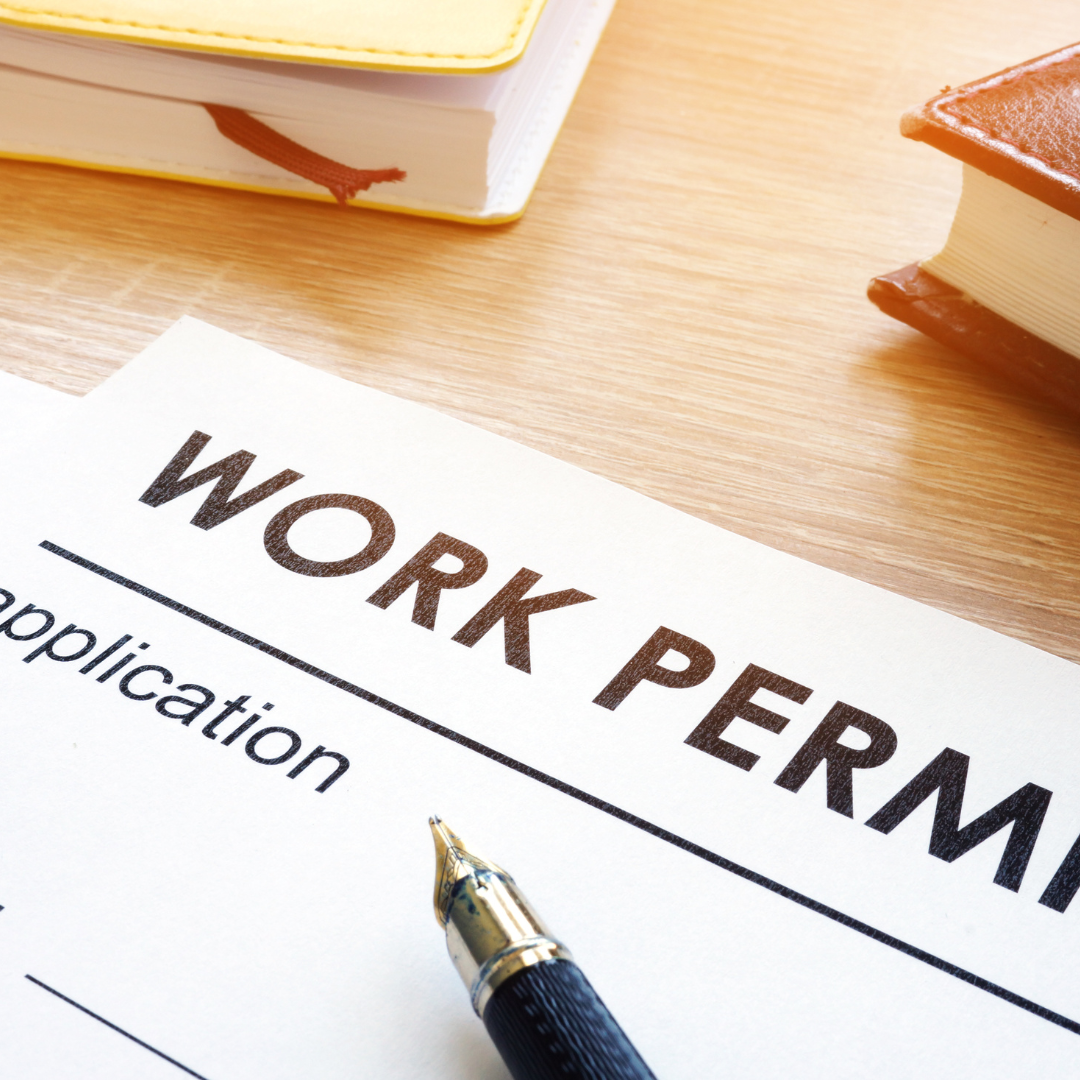National Minimum Wage Increase
As a result of Budget 2021 with effect from the 1st January 2022 the National Minimum Wage in Ireland will be increased to €10.50 per hour for an experienced adult worker.
Applicable employees
The full rate applies to any employee who is at least 20 years of age and as detailed below;
EMPLOYEE MINIMUM HOURLY RATE
2021 January 2022
Aged 20 or more: €10.20 €10.50*
Aged under 18: €7.14* €7.35 * (70%)
First year from date of
first employment over age 18: €8.16* €8.40 * (80%)
Second year from date of
first employment over age 18: €9.18 €9.45 * (90%)
*per working hour
Who is an experienced adult worker?
An experienced adult worker is an employee who is not:
- under the age of 18 years,
- or in the first two years after the date of first employment over age 18,
Who does it not apply to?
The National Minimum Wage rate does not apply to the remuneration of a person who is;
- The spouse, father, mother, grandfather, step-father, step-mother, son, daughter, step-son, step-daughter, grandson, grand-daughter, brother, sister, half-brother or half-sister of an employer, employed by the employer, or
- An apprentice within the meaning of or under the Industrial Training Act, 1967, or the Labour Services Act, 1987.
Alternative minimum rates may be set down under Employment Regulation Orders (EROs) of Joint Labour Committees or Sectoral Employment Agreements (SEAs) covered by an Employment Collective Agreement between Employers and Trade Unions.
Working hours
Full time, part time, temporary or casual employees are all entitled to the national minimum wage for the following hours worked;
All hours where an employee carries out an activity for an employer including;
- Overtime
- Time spent travelling on official business
- Time on authorised training/study during normal working hours
Excluding;
- Time on standby/on call away from place of work
- Time on authorised leave/notice or absent from work
- Travelling from residence to work or to place of training
Where an employee’s hours of work are uncontrolled or unsupervised and their average pay would be not less than 150% of the minimum adult rate, they must maintain written records of hours worked and return these to the employer.
Calculation of hourly pay (reckonably pay)
Reckonable pay means payments that are allowable in calculating an average hourly rate of pay under the National Minimum Wage Act. The following payments may be taken into account when determining average hourly rate of pay.
- Basic Pay
- Shift Premium
- Piece/Incentive Rate.
- Commission
- Any payments under section 18 of the Organisation of Working Time Act, 1997 (zero hour protection)
- Productivity related bonuses
- Board and/or lodging
- Service charge paid through payroll
Note: overtime, call-out premium, service pay, weekend and public holiday premiums, unsociable hours premiums, tips or gratuities paid through the payroll and allowances for special or additional duties may not be included.
Pay Reference Period
The period of time over which you may calculate the average earnings (Pay Reference Period) may be a week, a fortnight and must not be longer than one month.
Employers are obliged to advise employees of the pay reference period they are selecting for calculations of minimum pay. Employees must be notified in writing as part of their Terms and Conditions of Employment.
An employee may request from his or her employer a written statement of the employee's average hourly rate of pay for any pay reference period (other than the employee's current pay reference period) falling within the 12-month period immediately preceding the request.
Employee Complaints
An employee may make a complaint to the Workplace Relations Commission to investigate allegations of failure by the employer to pay the National Minimum wage.
Such a referral must be within 6 months from the date of receipt of a written statement or from the latest date the employer should have given a written statement.
Employees may not refer a complaint before requesting a written statement from their Employer.
Victimisation of Employees
No employer may victimise another employee for exercising their rights.
Any employee so victimised who cannot resolve the matter with their employer and may refer the matter to the Workplace Relations Commission or where dismissed, under the Unfair Dismissals Act 1977.
Minimum wage in practice
With this most recent increase in the National Minimum Wage, an employee on minimum wage who works a full 39-hour week will now receive an additional €11.70 per week, or an extra €608.40 gross per year.
New paragraph












